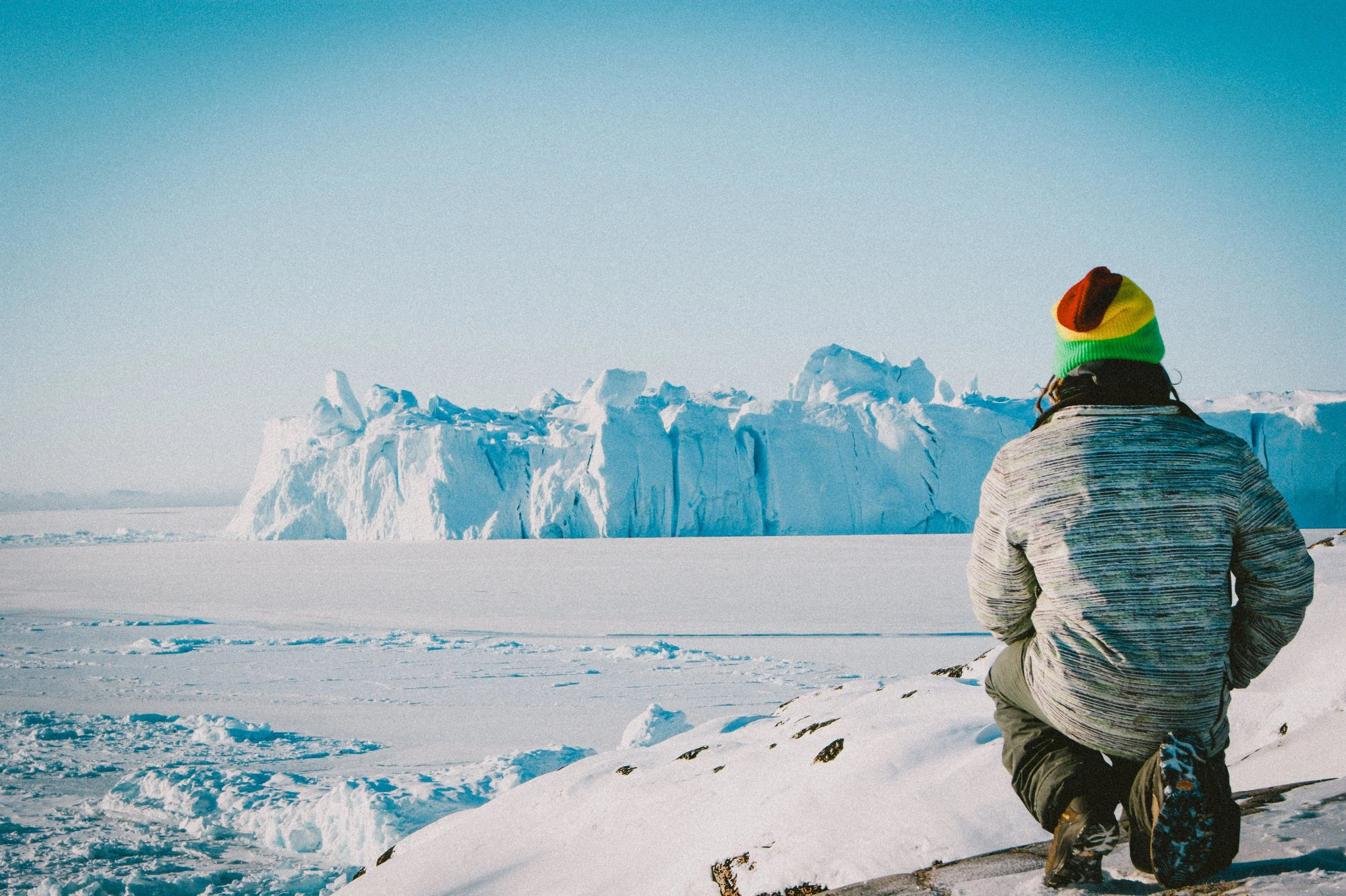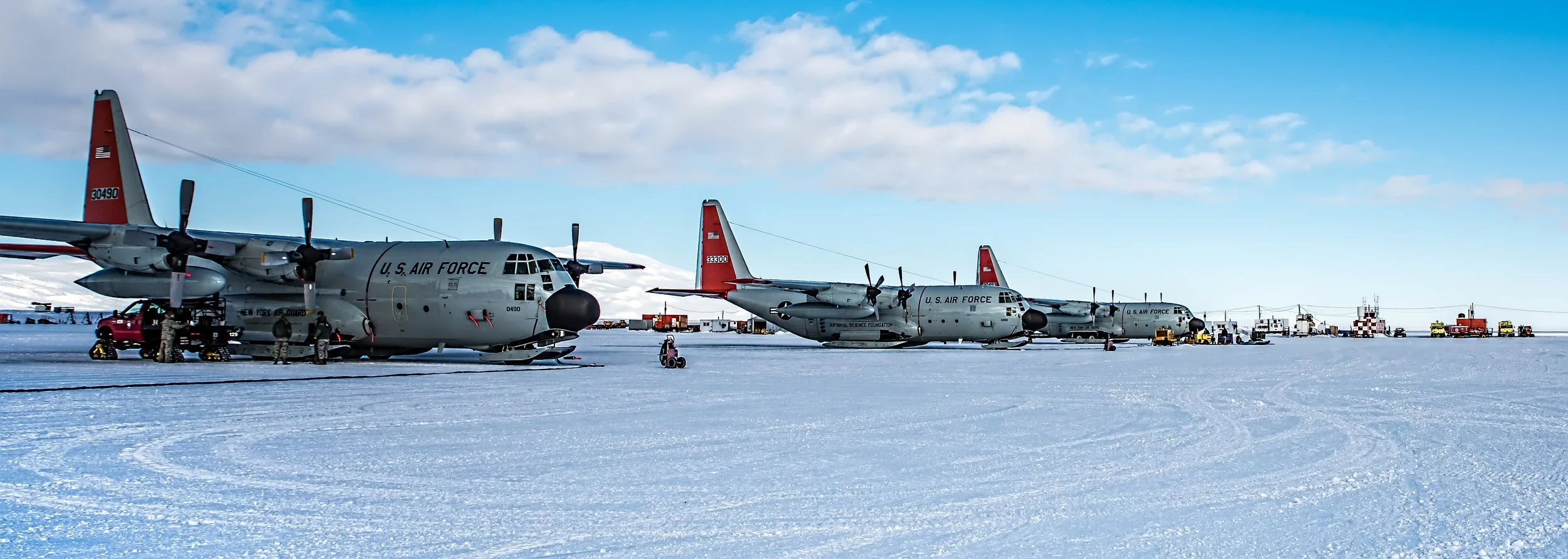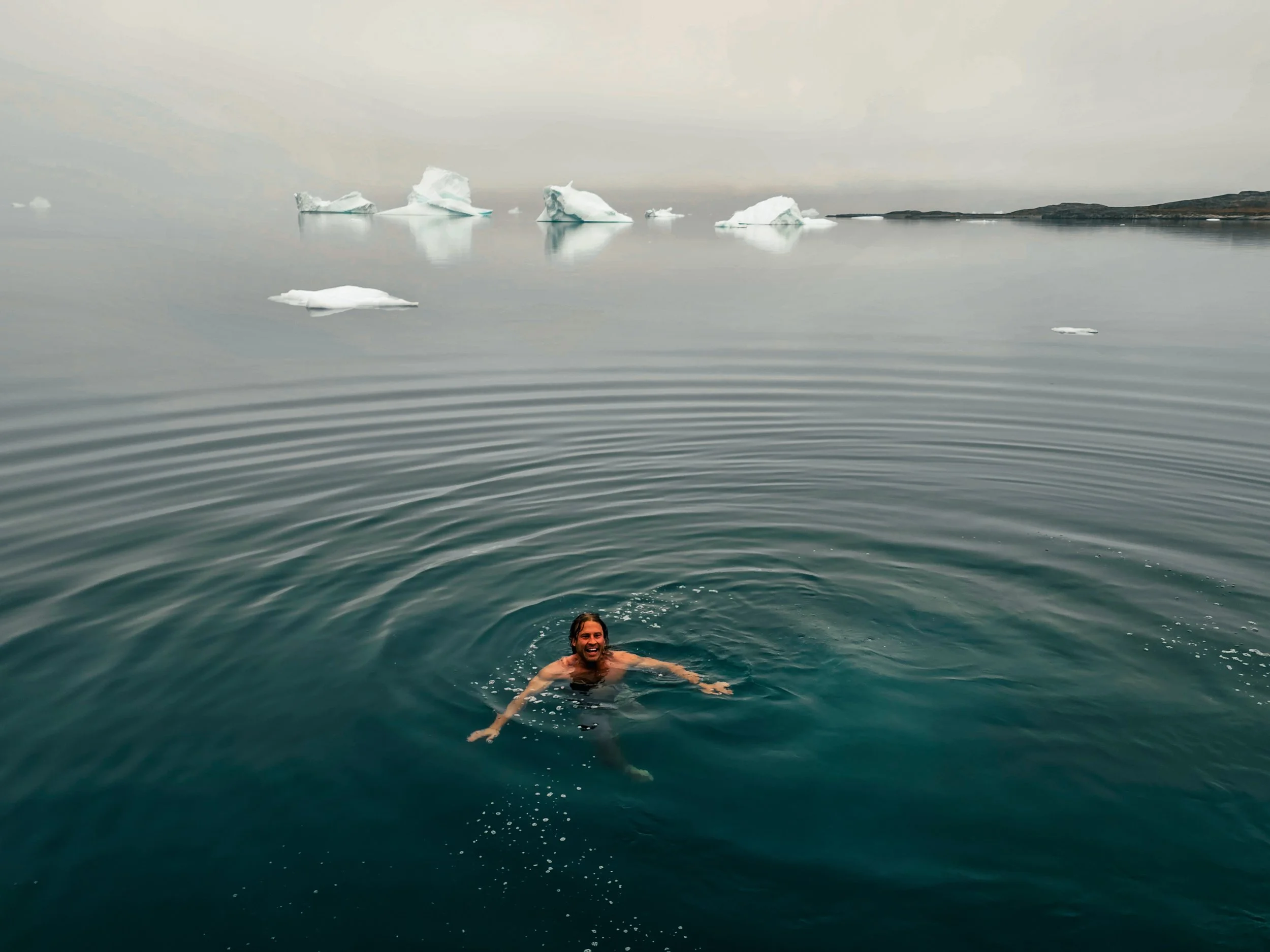

Marcus Arnold
I’m a 33 year old environmental scientist from Queensland, Australia. Somehow, I ended up with a particularly strong interest in the polar regions and I’ve been fortunate to undertake several years of glaciology education, cementing that interest. I’m not entirely sure how I went from weekends at the beach to becoming fascinated with polar glaciers and sea ice, but I suspect it had something to do with falling in love with the stark beauty and fragility of these regions during my early studies. The enormity and grandeur of these regions will humble even the most proud of men, yet their sublime presence exudes vulnerability - an amalgamation of feelings that inspires action.
I’ve had the privilege of spending a lot of time in the polar regions, from bouts of study in Iceland, field trips for my Masters research to Antarctica (courtesy of the US Air Force for logistics), and various expeditions in Greenland and Svalbard, and a plethora of self guided (or, in some cases, misguided…) expeditions around the world. Some more recent experiences include a solo kayak expedition in the south of Greenland, several weeks camping and climbing in Iceland, and sailing the route that I’m doing for this expedition. It is with great humility that I admit - this expedition will be by and large the most challenging undertaking of my life.
Shifting from a career in climate change research and ice core science, I started my career in construction as an environmental engineer in 2016. I have met some incredible people in the industry, and I am grateful for the opportunities that it has afforded me. The industry isn’t without its challenges, as is evident with the stats around mental health in the sector. For this reason, I am passionate about empowering people close to me, people I work with every day, to be literate in the field of mental health and know how to, and feel comfortable, to access the support available.
My passion for the Arctic isn’t just academic, it’s personal. For me, the rugged solitude has always served as a reminder that, just like the ice itself, people can be resilient yet vulnerable at the same time. I’ve seen how being outdoors can bolster mental well-being and offer a sense of perspective that’s easy to lose in the churn of everyday life. Polar environments might seem like the last place you’d go for inner zen, but their power and beauty can be astonishingly comforting.
On a more personal level, as breathtaking as the Arctic is, I’ve seen firsthand how quickly it’s changing. Glaciers that once seemed endless are receding at alarming rates, and sea ice that used to be thick and reliable is becoming more fragile each year. It’s devastating to know that a future without vast sheets of polar ice is now a real possibility. Each trip reminds me that there’s no separating ourselves from what happens at the poles; the melt here has ripples that reach far beyond the Arctic Circle, carrying real consequences for global climate patterns, sea levels, and wildlife habitats.






